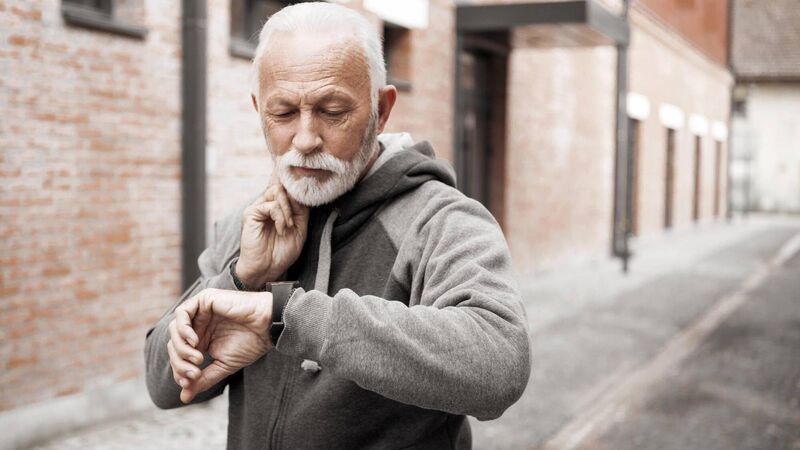Talk To Me: My husband has become anxious about his health since his heart attack

Pic: iStock
A heart attack is often a traumatic experience. For some, it's seen as an existential event and they may make radical life decisions reflecting a renewed sense of purpose or identity. Others may become hypervigilant about their health as a natural response to a serious medical event. Regardless, the ripple effect can be felt within their relationships and social networks.











